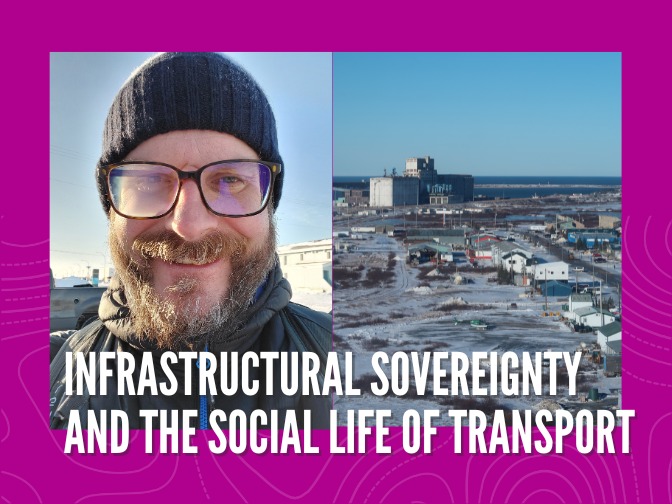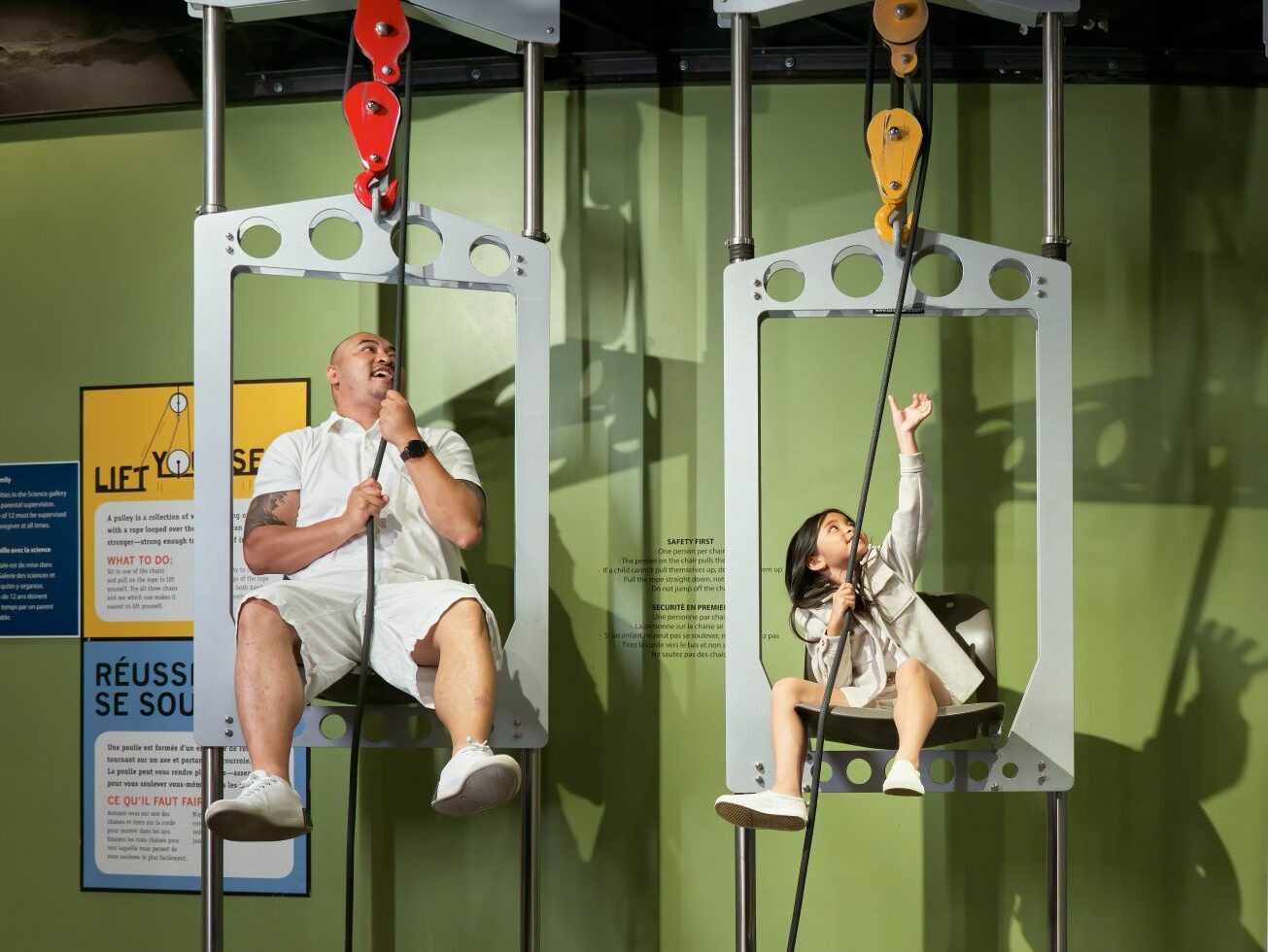
- This event has passed.
Public Presentation: Infrastructural Sovereignty and the Social Life of Transport: Ethnographic Insights from Northern Manitoba, Canada
April 16 @ 12:00 pm - 1:00 pm

Join us from 12 to 1 pm on Wednesday, April 16 for a public presentation in the Manitoba Museum Auditorium by Dr. Philipp Budka, a sociocultural anthropologist at the University of Vienna. This is a FREE event.
When: Wednesday, April 16, 12 to 1 pm
Where: Manitoba Museum Auditorium
Presentation Abstract
Churchill, Manitoba—a remote Subarctic town of approximately 870 residents—offers a compelling site for examining the sociopolitical entanglements and affordances of transport infrastructure, community futures, and northern governance. Dependent on the Hudson Bay Railway, the Port of Churchill, and a regional airport, the town exemplifies how mobility systems are embedded within processes of Arctic sovereignty, environmental transformation, and livelihood strategies. The 2017 railway washout, which severed overland access for 18 months, catalyzed a shift from external corporate control to a community-based ownership model. Through the Arctic Gateway Group and the community-led OneNorth consortium, Churchill reconfigured its infrastructural governance and asserted greater control over material and political trajectories. Ethnographic fieldwork—including 43 interviews, a questionnaire survey, and archival/media analysis—highlights how residents understand and navigate the layered significance of infrastructure. Transport systems are not only technical assemblages but also socially and culturally meaningful, affording and constraining specific forms of economic activity, mobility choices, and senses of place. Future scenario workshops invited residents and stakeholders to co-imagine and discuss possible futures, from extractive expansion to ecological preservation. Participants largely advocated for a middle path: emphasizing tourism, environmental stewardship, and locally grounded planning. While climate and geopolitical crises, market fluctuations, and policy shifts continue to affect Churchill’s infrastructural landscape, the town’s experience underscores how northern communities articulate autonomy and sustainability through collective infrastructural engagement. In Churchill, infrastructure operates as both a practical necessity and a lens into broader questions of governance, identity, and future-making in the North.
 Bio
Bio
Dr. Philipp Budka is a sociocultural anthropologist at the University of Vienna. He researches infrastructures, technologies, and media. Currently, he is exploring transport infrastructures in Northern Manitoba, Canada. He is the co-editor of Theorising Media and Conflict and Ritualisierung – Mediatisierung – Performance, and has published widely in peer-reviewed journals and edited volumes.



